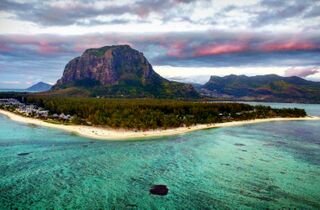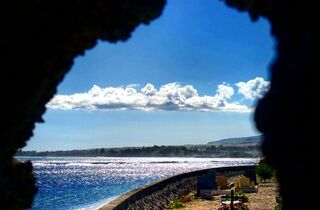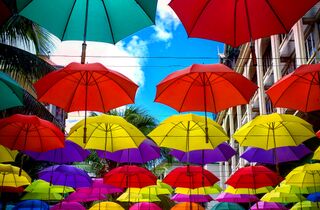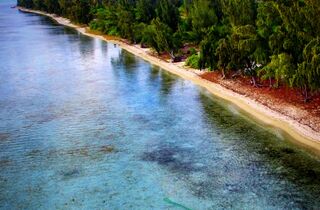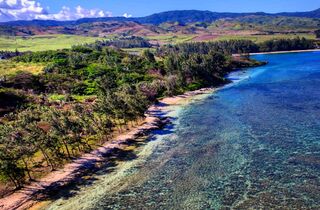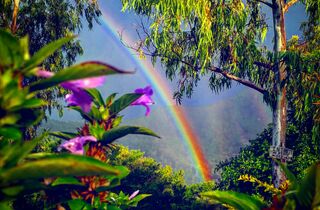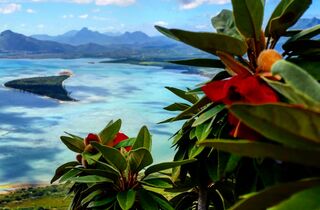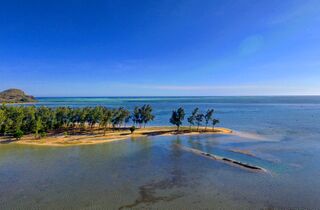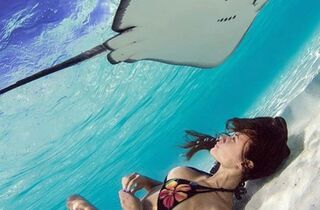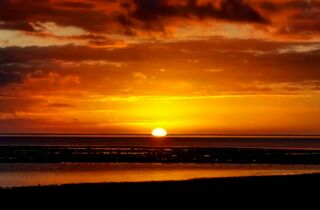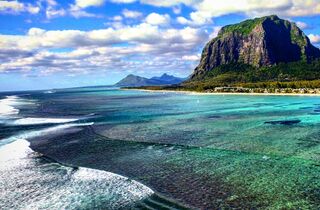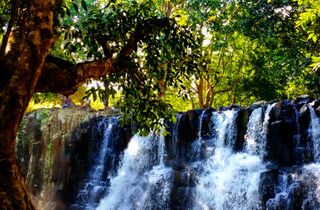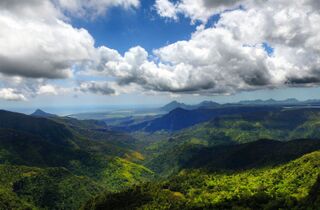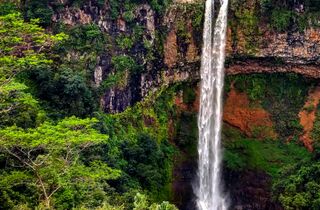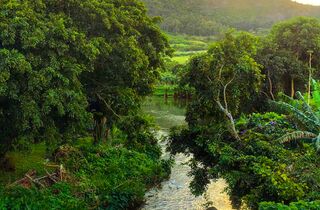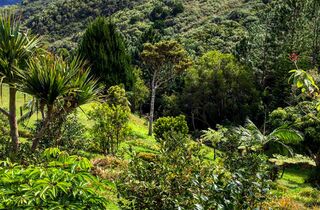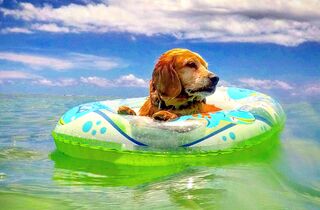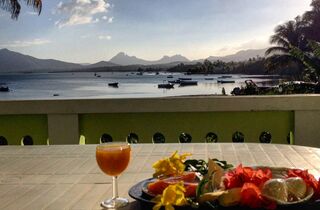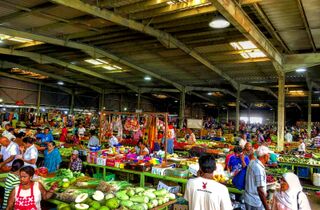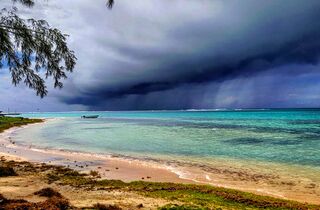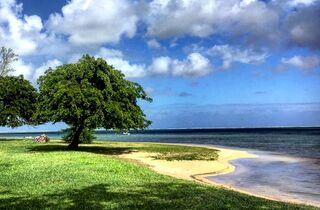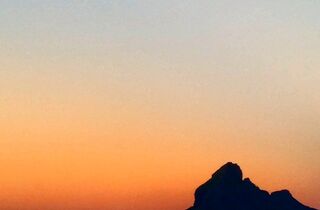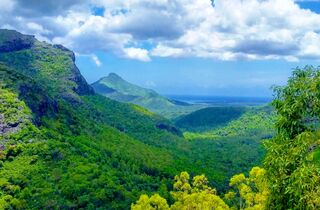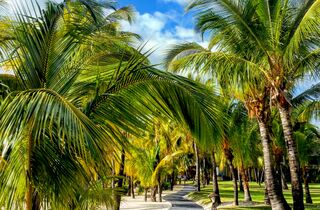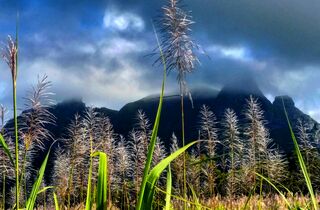The island of Mauritius
Mauritius is famous for white sandy beaches and crystal clear waters, but there is much more to discover: natural parks, botanical gardens, marine reserves and historical sites.
During his travel along the equator, Mark Twain wrote :
“It looks like Mauritius was made first, and then heaven;
and that heaven was copied after Mauritius.”
Mark Twain
Republic of Mauritius.. the gem of the South-West Indian Ocean, around 550 km east of Madagascar, it includes the main island (Mauritius) and Agalega, Cargados Carajos and Rodriques.
Geographically, the archipelago is part of the Mascarene Islands, together with nearby Réunion, a French overseas department around 200 km south-west of Mauritius.
Mauritius does not have an official language. As a former British colony, the official language in Parliament is English; however, Mauritian Creole is the most used language. It is based on French, with English influences as well as from southern Africa and India.
There is no State religion, but more than half of the population is Hindu, 70% being from Indian origins, descendants of slaves formerly deported under the British Empire. It is the only country in Africa to have a Hindu majority.
Arabs called it Dina Arobi. Since the X century the island was known to Malaysians and Arabs. The Portuguese discovered it in 1505 and gave it the name Ilha do Cerne (“swan island”); however, it was uninhabited until the first Dutch colonization, in 1598, when it was given the name “Mauritius” to celebrate prince Mauritius of Nassau. The Dutch were forced to leave the island after a few decades, due to tornados and other adverse climate conditions.
In 1715 the French took control of the island, which they named Île de France. The island was then conquered by the British in December 1810 and returned to its former name. On 1 February 1835, the British administration abolished slavery.
Independence was proclaimed on 12 March 1968 and Mauritius became a republic in 1992. Since then, it has been a stable democracy, running free and regular elections, respecting human rights and attracting considerable investments from abroad. It has one of the highest per capita GDP in Africa.


